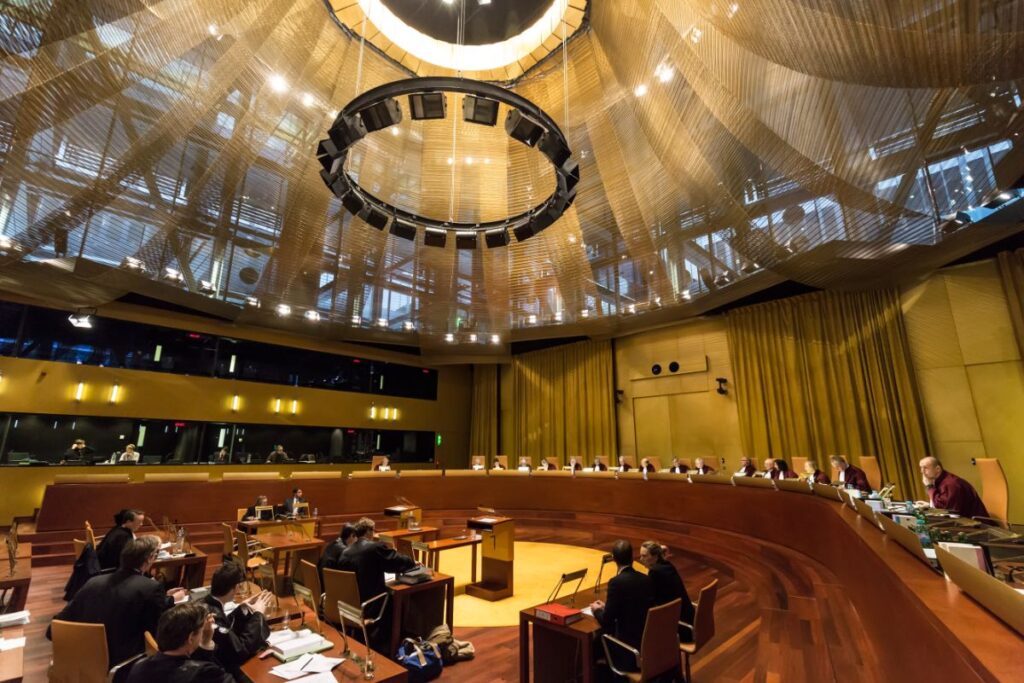The European Court of Justice: An Overview for Travelers
The European Court of Justice (ECJ) is the highest court in the European Union. Since 1952, it has been responsible for interpreting and enforcing the laws of the European Union. As a traveler, understanding the ECJ and its role in European law is essential for navigating the European Union.
What is the European Court of Justice?
The European Court of Justice (ECJ) is an institution of the European Union. Established in 1952, the ECJ is the highest legal authority in the EU. Its primary responsibility is to interpret and enforce EU law.
The ECJ is composed of 27 judges, one from each member state. The court sits in Luxembourg and is divided into two chambers: the Court of Justice and the General Court. The Court of Justice deals with cases involving the interpretation of EU law, while the General Court deals with cases involving the application of EU law.
The ECJ has the power to issue binding decisions. This means that EU member states must comply with its rulings. The Court also has the power to revoke or amend EU legislation if it finds that it is incompatible with EU law.
What Does the ECJ Do?
The ECJ has a number of responsibilities. Firstly, the ECJ is responsible for interpreting EU law. This includes interpreting EU treaties, regulations, and directives. When a dispute arises between two or more EU member states, the ECJ can be called upon to settle the dispute.
The ECJ also has the power to issue binding decisions. This means that EU member states must comply with ECJ rulings. The ECJ also has the power to revoke or amend EU legislation if it finds that it is incompatible with EU law.
Finally, the ECJ can hear appeals from the lower courts of the European Union. These appeals are heard by the Court of Justice, the highest chamber of the ECJ.
What are the Benefits of the ECJ?
The ECJ plays a vital role in ensuring that EU law is applied and interpreted consistently across all member states. This helps to promote legal certainty and a level playing field for businesses and individuals operating in the European Union.
The ECJ also helps to ensure that EU policies and legislation are in line with the values of the European Union. This includes upholding the rights of citizens and protecting the environment.
In addition, the ECJ ensures that the EU’s internal market operates efficiently and fairly. This is important for businesses operating in the European Union, as it ensures that they can rely on consistent and predictable legal rules.
Conclusion
The European Court of Justice (ECJ) is an essential institution of the European Union. It plays a vital role in enforcing EU law and ensuring that EU policies and legislation are in line with the values of the European Union. As a traveler, understanding the ECJ and its role in European law is essential for navigating the European Union.

